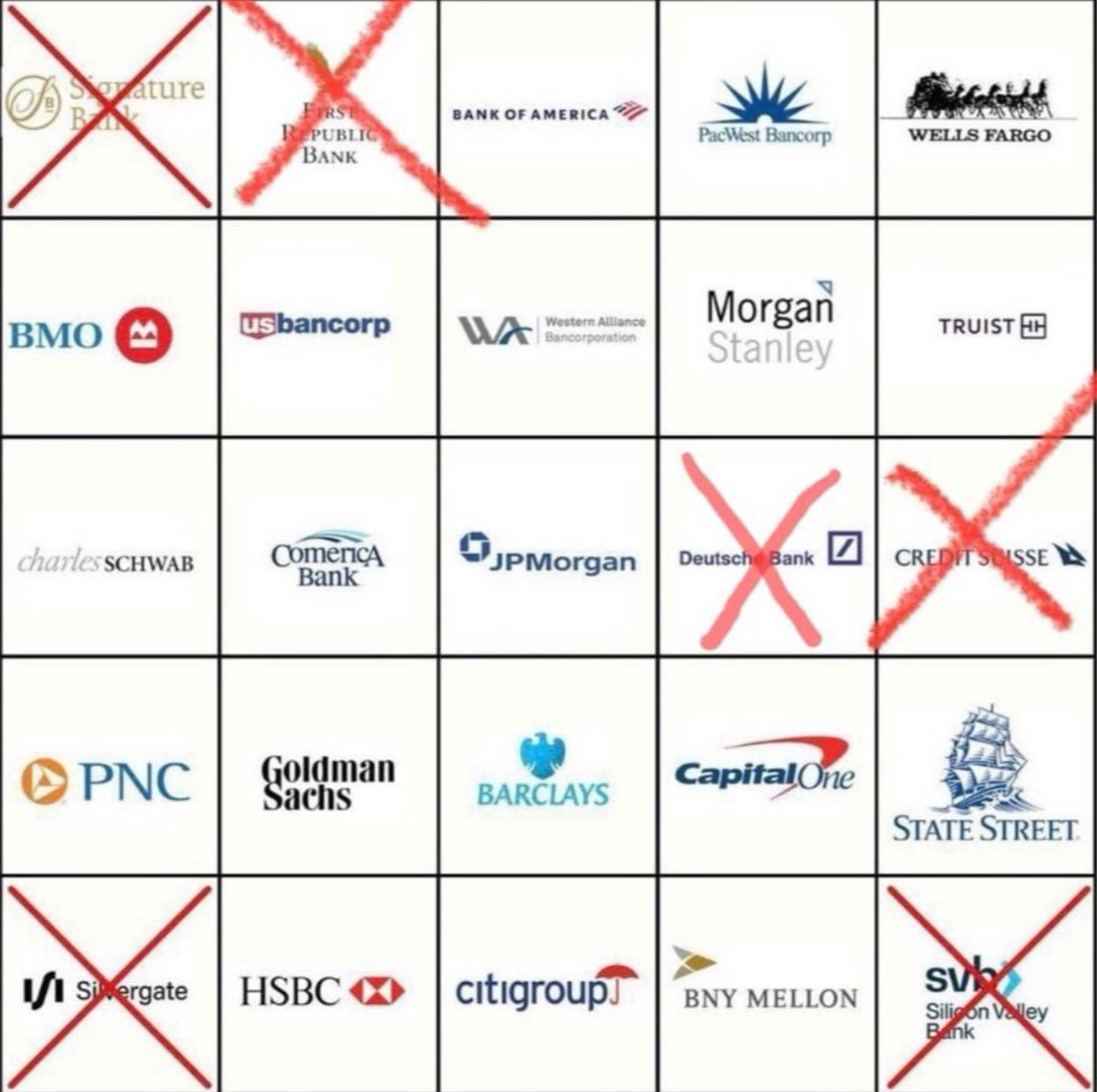By CWR,
The financial health of the American system is notably troubling across multiple fronts. Delinquency rates on commercial real estate loans have reached their highest levels in a decade. Bank stocks in the U.S. are faltering, hitting all-time lows when benchmarked against the S&P 500. Jamie Dimon and family are planning to divest $141 million in JPMorgan stock this year. Banks are carrying an estimated $650 billion in unrealized losses from their bond holdings. Additionally, the delinquency rate for subprime-backed ABS, tracked by Fitch, soared to a record 6.1% in September. The facts paint a stark and concerning picture, delivering some unwelcome realities about the financial system’s current state.
Anyone who thinks we're in a new bull market hasn't looked at weekly overtime hours, unemployment or high yield corporate debt.
The real economy is collapsing. pic.twitter.com/ElTPZBuQPT
— Financelot (@FinanceLancelot) November 11, 2023
Big banks are quietly cutting thousands of employees, and more layoffs are coming, per CNBC.
— unusual_whales (@unusual_whales) November 11, 2023
The American Financial System: 🇺🇸
1. Delinquent commercial real estate loans at US banks have hit their highest level in a decade.
2. US bank stocks have collapsed to all-time lows when measured against the S&P 500 index.
3. Jamie Dimon and his family will sell $141 million of… pic.twitter.com/XsEdxf2nca
— Gold Telegraph ⚡ (@GoldTelegraph_) November 11, 2023

"Moody’s sends a warning to America: Your last AAA credit rating is at risk"
Sounds like they're bluffing. When has Moody's ever downgraded the U.S. credit rating? NEVER https://t.co/fRk4U0c2SQ pic.twitter.com/zv1ihInYCA
— Financelot (@FinanceLancelot) November 10, 2023
🚨JUST IN: Moody's cuts U.S. outlook to negative from stable.
Cites large fiscal deficits and a decline in debt affordability.
Moody's was the last of the 3 major rating agencies to maintain a top rating for the U.S. government.
Fitch changed its rating in August.
S&P has…
— Genevieve Roch-Decter, CFA (@GRDecter) November 11, 2023
Consumer sentiment in the U.S. has hit a distressing low, dropping to 60.4 in November, the worst level since May and continuing a four-month downward trend. This decline reflects deepening worries over high interest rates and escalating global conflicts. Inflation expectations have risen to alarming levels not seen in over a decade, intensifying concerns about the economy’s future. Despite stagnant recent CPI figures, the Federal Reserve acknowledges that the battle against inflation is far from over, underscoring the persistent economic hurdles ahead.
The American consumer, traditionally the pillar of the U.S. economy, is teetering on the brink of a debt crisis. With household debt escalating to an alarming $17.29 trillion and credit card balances hitting $1.08 trillion, the situation is dire. Rising interest rates are exacerbating the burden, particularly for those aged 30 to 39, who are increasingly falling behind on payments. This precarious financial landscape casts a shadow over the future stability of the U.S. economy, heavily reliant on consumer spending, now fueled by unsustainable debt levels.
The US government faces a daunting $1 trillion in interest payments this year, a symptom of growing debt and rising interest rates. This financial strain is prompting discussions about radical policies like yield curve control, historically used in wartime, to manage debt costs. Such extreme measures highlight the gravity of the fiscal situation and the potential for market dysfunction, especially in the crucial US Treasury market. With political deadlock and no easy solutions in sight, the financial stability of the US is increasingly under threat, raising global concerns about the implications of a meltdown in the Treasury market.
Jamie Dimon’s decision to sell $1.2 billion of his JPMorgan Chase stock next year signals a troubling trend among banking executives, breaking a longstanding tradition of holding shares. This shift points to a lack of confidence among top bankers in the face of rising lending rates and uncertain market conditions. Dimon’s move, unprecedented in his career, aligns with a wave of executives cashing in on their holdings, raising serious concerns about the stability and future prospects of major financial institutions.
Delinquency transitions, debts that were previously being paid but no longer are despite outstanding obligations, rose rapidly in the third quarter of 2023 in all forms of debt except for student loans, according to the Federal Reserve Bank of New York. Poor U.S. economic conditions linked to rising inflation and interest rates have left Americans unable to pay for previous obligations that they once could afford, according to experts who spoke to the Daily Caller News Foundation.
It’s not the stock market, it’s just seven stocks with bubbly valuations, S&P 493 is priced more or less in line with current fundamentals. pic.twitter.com/8rzsmoRrOC
— Michael A. Arouet (@MichaelAArouet) November 10, 2023
Source: https://citizenwatchreport.com
Disclaimer: We at Prepare for Change (PFC) bring you information that is not offered by the mainstream news, and therefore may seem controversial. The opinions, views, statements, and/or information we present are not necessarily promoted, endorsed, espoused, or agreed to by Prepare for Change, its leadership Council, members, those who work with PFC, or those who read its content. However, they are hopefully provocative. Please use discernment! Use logical thinking, your own intuition and your own connection with Source, Spirit and Natural Laws to help you determine what is true and what is not. By sharing information and seeding dialogue, it is our goal to raise consciousness and awareness of higher truths to free us from enslavement of the matrix in this material realm.
 EN
EN FR
FR

























